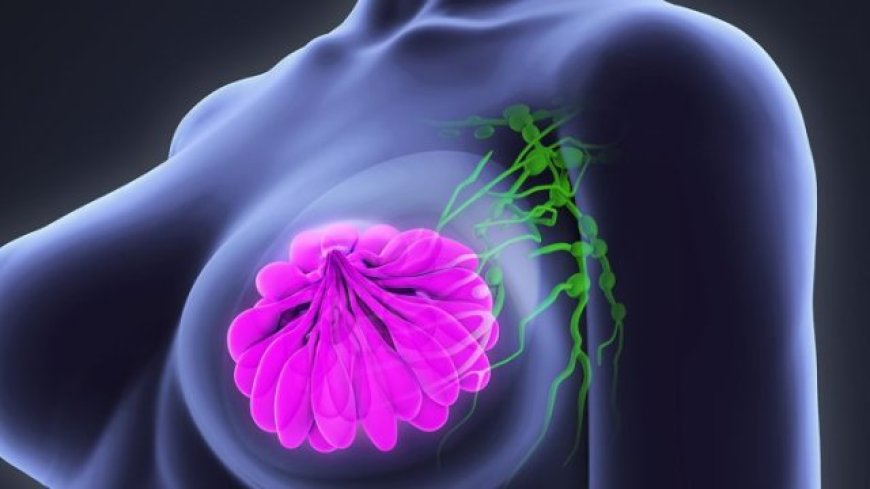Breast Cancer in Nigeria

Breast cancer is the most common cancer among women in Nigeria and poses a significant public health challenge.
According to the World Health Organization (WHO) and local health agencies, breast cancer accounts for a substantial percentage of cancer cases in the country, with increasing incidence rates observed in recent years.
Incidence: Studies suggest that breast cancer constitutes about 25% of all cancers in Nigerian women.
Mortality Rates: The mortality rate is also concerning, with many women diagnosed at advanced stages due to late presentation and inadequate access to healthcare.
Risk Factors: Several factors contribute to the risk of developing breast cancer in Nigeria, including:
Genetic Factors: Family history of breast cancer can increase an individual’s risk.
Lifestyle Factors: Obesity, physical inactivity, and alcohol consumption are linked to higher breast cancer risk.
Reproductive Factors: Early menstruation, late menopause, and not having children or having children later in life can influence risk.
Healthcare Access: Limited access to healthcare facilities and screening programs can result in late diagnosis.
Early Detection and Screening
Early detection is crucial for improving outcomes in breast cancer treatment. However, awareness and access to screening are still inadequate in many regions:
Awareness Campaigns: Initiatives aimed at educating women about breast cancer symptoms, self-examination, and the importance of regular mammograms are essential.
Screening Programs: While some urban areas have screening programs, rural areas often lack access to such services.
Challenges in Treatment
Several challenges hinder effective treatment of breast cancer in Nigeria:
Healthcare Infrastructure: Many healthcare facilities lack the necessary equipment and resources for proper diagnosis and treatment.
Financial Constraints: The cost of treatment can be prohibitive for many women, leading to delays in seeking care.
Cultural Beliefs: Stigma and cultural misconceptions about cancer can discourage women from seeking help.
Support and Resources
NGOs and Advocacy Groups: Several non-governmental organizations work to raise awareness, provide support, and advocate for better healthcare policies related to breast cancer in Nigeria.
Support Networks: Patient support groups can play a critical role in providing emotional and practical support for those affected by breast cancer.
Breast cancer remains a significant health issue in Nigeria, with rising incidence and mortality rates.
Enhancing awareness, improving access to screening, and strengthening healthcare infrastructure are vital steps toward better outcomes for Nigerian women.
Continued efforts from both governmental and non-governmental organizations are essential to address this public health challenge effectively.
What's Your Reaction?





























































